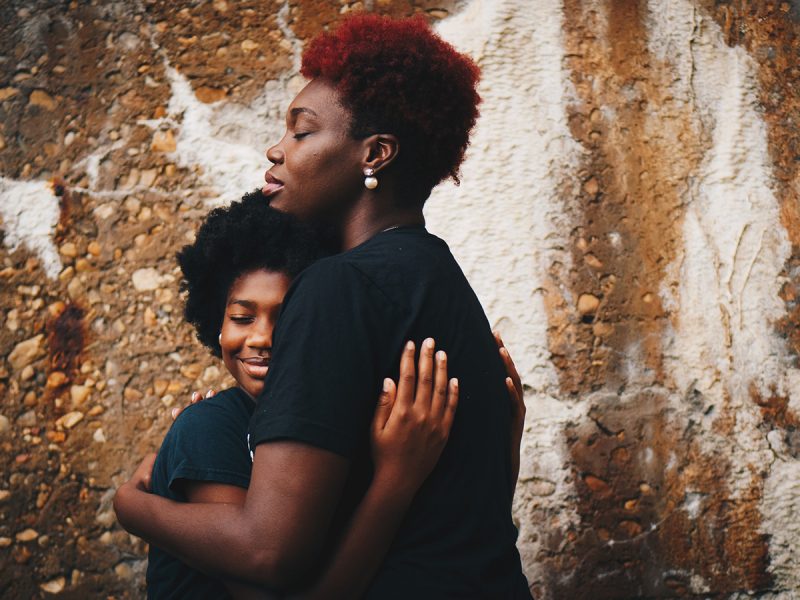
Communicating With Your Teen
Many parents ask, “How should I talk to my teens about sex?” or “What should I say about skipping” or “I think my teens’ friends are doing drugs. Should I address this with my teen directly?” If parents do not have the foundation of healthy, open communication – nothing you say will get through. However here are three tips on how to build better communication.
Tip #1: Don’t be judgmental, get curious
This has certainly been my motto over the last 13 years. It’s key to not to be judgmental or to look down on someone, but to get curious. All behaviour and choices are made with a reason. Even poor choices have hidden secret payoffs. So, when a teen tells me about their cheating boyfriend or the fact they skipped school, my job is not to scold them but to get curious. What’s happening inside of them that would make them want to be with someone who is cheating? Or, what is their payoff for skipping school? Before you judge your teen, get curious. Many teens don’t know why they make certain decisions. If you can be your teen’s safe sounding board and help them figure it out – even better.
Tip #2: Know your child’s love language
One of my favourite resources is a book called the Five Love Languages. In this book, author Gary Chapman teaches the five main ways people communicate their care: words of affirmation, spending quality time, affection, receiving gifts and acts of service. Each way is equally valued; no one way is better or worse. In many parent-child relationships I see, people are speaking different love languages. One parent might value acts of service from their kids but instead receive affection. Another teen might want affirmation from their parents but instead they get acts of affection. To build exceptional relationships we need to know our love language. And we need to know our child’s love language and be willing to speak it to them.
Tip #3: Bring up topics such as sex and let their questions guide the conversation
I was interviewed on a TV show recently about how to bring up the sex talk with your kids. Here are a few tips I gave. First, be one-on-one. Generally, kids will open up less if there’s more than one parent. Second, you want to be a safe person for them. That means no judgment, sarcasm, laughing at them or telling another person what you talked about. Third, if kids feel safe, they will start to ask questions. My goal as a coach: I want kids to be going to their parents for the answers instead of their friends. So be ready as they ask the questions to give your answers. Finally, get comfortable with the topic. Sex is part of life – it’s how we all got here. The more comfortable you are talking about it, the more likely your kids will be willing to talk with you about it.





